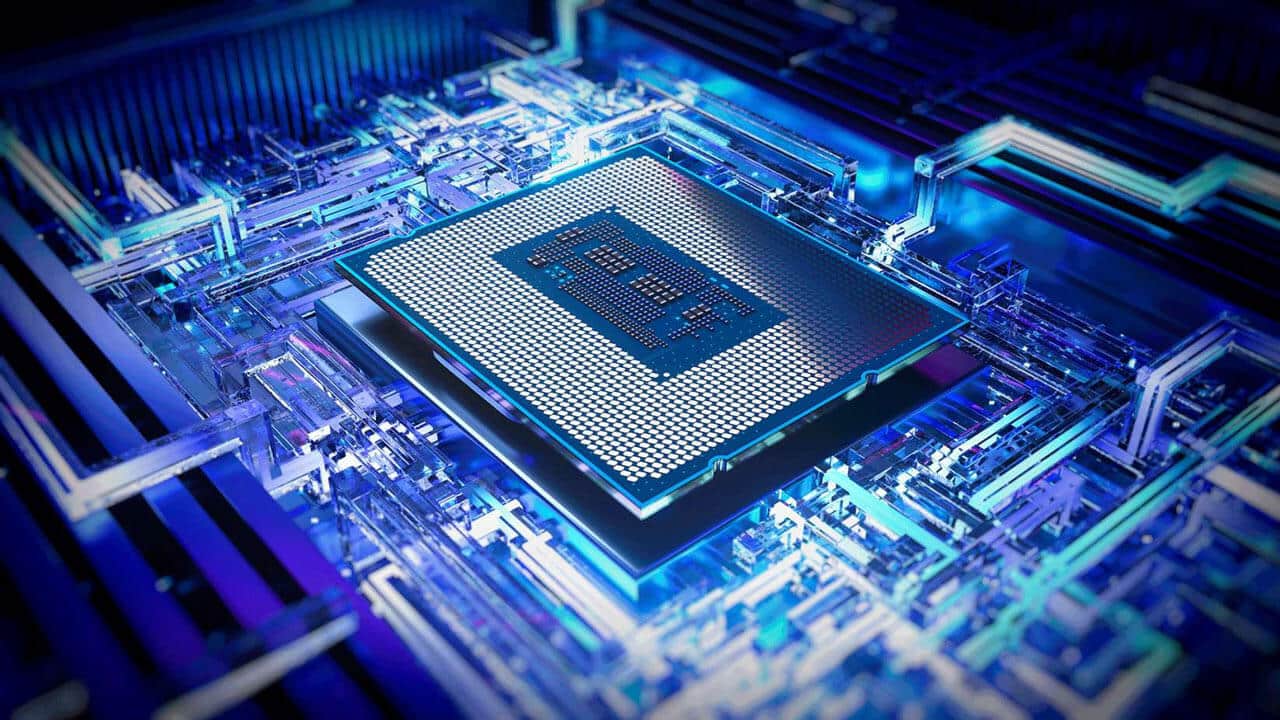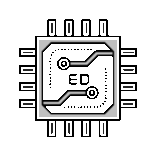You are using an out of date browser. It may not display this or other websites correctly.
You should upgrade or use an alternative browser.
You should upgrade or use an alternative browser.
CPU change; i5-8400 to i7-9700 problem.
- Thread starter pbrain
- Start date
More options
Thread starter's postsYes, spoke to someone at Intel via chat. I had to remove the CPU to confirm the serial numbers were the same as the box! Done it anyway. Re-inserted the CPU, new thermal paste and put the button battery back in (been out since yesterday). On powering up it said 'CMOS reset'.I'd advise going to Intel anyway unless the CPU is plain dead. Intel do have a diagnostic tool, but I doubt it'll show anything: https://www.intel.co.uk/content/www/uk/en/support/articles/000005567/processors.html
For the first time since the 9700 has been installed, the Windows 7 loading logo appeared...I thought Good Sign! I ran the Intel test program and it passed that. I felt confident and began using the system, all well. Came out and put the XMP profile on for the memory. Loaded back up and was great, used solid for around half an hour having multiple programs, webpages open etc...and then it reset itself!
I switched it back on and used it for a further 2 hours without issue. I would have said it's fine if it hadn't done that one reset.
750w corsair and latest (F15 - Nov 2021) BIOS.What PSU do you have?
Also was bios upgraded?
Soldato
- Joined
- 22 May 2015
- Posts
- 2,769
- Location
- Manchester
I'm guessing a higher end RM, RMX, HX or other decent Corsair? If it's a grey label CX then you're also good, if it's a green label CX it should be replaced regardless. And if it's a CV, it's not the best quality for higher wattages.750w corsair and latest (F15 - Nov 2021) BIOS.
Since pulling the battery out (for 24 hours) it's been working fine with 1 reset after half hour of initial use. I'm hoping that 1 reset might be the last. I used it yesterday doing some audio conversions and multitasking, RAR packing (using all 8 cores) and touch-wood, been OK.
In the past i've swapped and changed CPU's and a simple 'set default settings' has worked fine. Looks like a full on, hard BIOS/CMOS reset is required in future.
Thanks to all the suggestions and links; memtest & Intel CPU tester helped to eliminate certain issues and a simple battery removal was all that it required.
In the past i've swapped and changed CPU's and a simple 'set default settings' has worked fine. Looks like a full on, hard BIOS/CMOS reset is required in future.
Thanks to all the suggestions and links; memtest & Intel CPU tester helped to eliminate certain issues and a simple battery removal was all that it required.
I had done this before changing the CPU (The original F1 BIOS didn't have the opcodes for the 9*** series of CPUs)make sure ur board bios is updated
Well, tried to use it Sunday morning for some more audio conversions and it reset 5 times in 2 hours. PITA, each time I reboot I have to double check all previous work files for corruption, reset all the program settings etc and then you're waiting for it to go black again. Re-opened the case with Intel, we'll see how that goes...
Soldato
- Joined
- 22 May 2015
- Posts
- 2,769
- Location
- Manchester
What's the specific PSU model you have. Some Corsair are pretty naff.
I did ask this further up, but got no response.
Soldato
- Joined
- 14 Apr 2014
- Posts
- 8,067
- Location
- Hampshire
This is a great video which walks you through some of the basic steps you might take for diagnosing:

 www.youtube.com
www.youtube.com

My PC keeps turning off... - Tech Support Walkthrough
Pulseway: Try Pulseway for free and start remotely monitoring and managing your server or PC at https://lmg.gg/Ktd7ZHulkman: Order your Hulkman Alpha 85S now...
Permabanned
- Joined
- 12 May 2022
- Posts
- 291
- Location
- In the cloud
which motherboard? Is your cooler up to the job for the new CPU?
Last night kept playing with it and watching HWMonitor. I bought the 9700 as a 65W CPU for a compact ITX build, this thing was hitting 160W and 100'c under load. After several cooler swaps etc I put the 8400 back in. Running the same tasks (albiet slower) it peaked at 56W and 50'c.
Unless I put a huge cooler or AIO watercooler, this thing is never going to work. Why is it rated/sold as a 65W chip? If I wanted a 130W chip, i'd have gone for the 9700K or 9900K and appropiate cooler.
Unless I put a huge cooler or AIO watercooler, this thing is never going to work. Why is it rated/sold as a 65W chip? If I wanted a 130W chip, i'd have gone for the 9700K or 9900K and appropiate cooler.
Last night kept playing with it and watching HWMonitor. I bought the 9700 as a 65W CPU for a compact ITX build, this thing was hitting 160W and 100'c under load. After several cooler swaps etc I put the 8400 back in. Running the same tasks (albiet slower) it peaked at 56W and 50'c.
Unless I put a huge cooler or AIO watercooler, this thing is never going to work. Why is it rated/sold as a 65W chip? If I wanted a 130W chip, i'd have gone for the 9700K or 9900K and appropiate cooler.
They're all like that nowadays, the TDP is somewhat equivalent to their power use at the base clock (3 Ghz for the 9700, I believe).
This article explains it briefly:

Intel 10th Gen CPU Power Consumption Explained | Hardware Times
ne of the hardest things to determine about a processor is its load power consumption. That’s doubly true for Intel’s 10th Gen CPUs. While the marketed TDP is usually around 95-125W, under load, most high-end chips consume as much as 225W. The 10th Gen processors take it to another level, with...
 www.hardwaretimes.com
www.hardwaretimes.com
Even the 35 watt parts can boost up to 90 odd

If your motherboard allows it, you can change the power limits, or alternatively you can turn off the turbo. Obviously if you turn off turbo you'll lose bucket loads of performance.
Intel were deliberately dishonest about power useage for many years and would say a part was 65w when it would use that amount of power at 2ghz with just 2 cores running. Once the chip boosted to 4ghz+ and used all cores it would then be using its actual TDP just like you have experienced.
Thankfully they have changed their approach with 12th gen and actuall give power useage when a chip is fully loaded.
I am not a lawyer or a Judge but I personally would consider what Intel did for many years as false advertising.
Thankfully they have changed their approach with 12th gen and actuall give power useage when a chip is fully loaded.
I am not a lawyer or a Judge but I personally would consider what Intel did for many years as false advertising.
Intel were deliberately dishonest about power useage for many years and would say a part was 65w when it would use that amount of power at 2ghz with just 2 cores running. Once the chip boosted to 4ghz+ and used all cores it would then be using its actual TDP just like you have experienced.
Thankfully they have changed their approach with 12th gen and actuall give power useage when a chip is fully loaded.
I am not a lawyer or a Judge but I personally would consider what Intel did for many years as false advertising.
If I recall correctly part of the reason was that Intel did not accept that Turbo was an important part of the performance of a processor 'as sold'. Therefore, if it can perform satisfactorily at the base clock, that was acceptable. This is still the case in the sense that, because reviews use high-end boards which have no problem operating at max frequency, if you buy a low-end board the performance of your high-end CPU will be massively different to what was shown.

